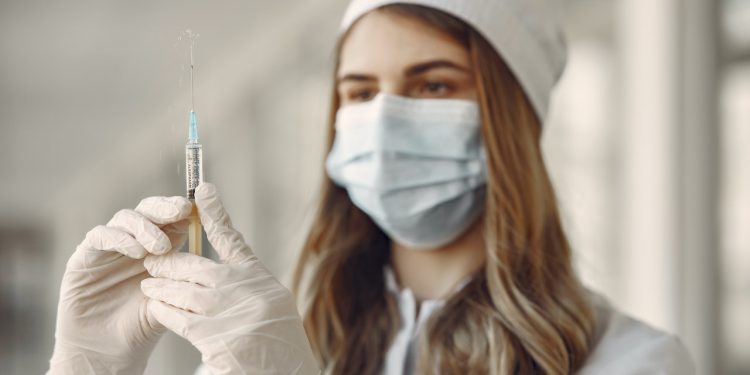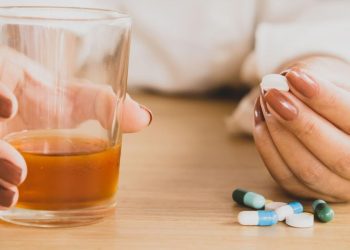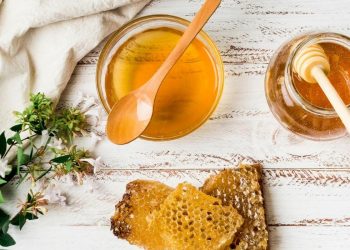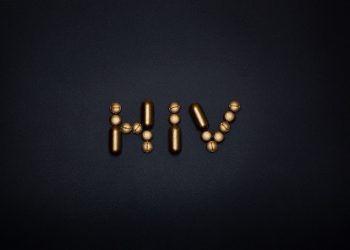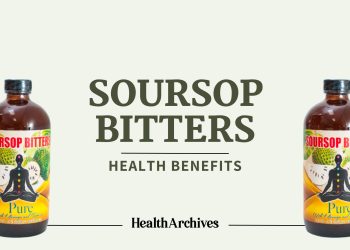Evidence suggested that the MMR (measles, mumps, rubella) vaccine could play a role in the prevention of severe symptoms of inflammation in COVID-19.
Clinical trials are being carried out around the world to test the vaccines that were not specific for coronavirus but could be useful. The vaccine previously used for the treatment of tuberculosis (TB), BCG (Bacillus Calmette-Guerin) is undergoing trials for its efficacy.
Scientists from the American Society for Microbiology journal believe that the MMR vaccine boosts the immune system and therefore might diminish the symptoms of COVID-19. The vaccine can propose to healthcare workers to undergo a clinical trial and inhibit the severe inflammation.
The medical professionals Fidel and Noverr theorized that the MMR vaccine might induce Myeloid-derived suppressor cells (MDSCs) in infected people. The MDSCs are immune cells, and they have a vital role in the impairment of antiviral T-cell response. These immune cells could combat sepsis and lung inflammations that are common in severe cases of COVID-19.
To provide evidence, the professionals cited the 955 US sailors case of COVID-19 infection. Only a few of them experienced mild symptoms, and they recovered, suggesting they might have received MMR vaccine as per Navy rules in recruitment. However, fitness, age, and a healthy diet might also have played a role in their recovery.
Furthermore, the epidemiological data also provides support to the theory, because people living in areas that have access to MMR vaccine have reported lower numbers of infections and deaths due to COVID-19. Children are less likely to get infected because at an early age, and they have exposure to attenuated vaccines that protect them from the risk of COVID-19.
Dr Fidel suggested that individuals who received the MMR vaccine in early years are unlikely to have MDSCs, although might have antibodies for measles, mumps, and rubella. He said,
“While the MDSCs are long-lived, they are not life-long cells. So, a booster MMR would enhance the antibodies to measles, mumps, and rubella to re-initiate the MDSCs. We hope that the MDSCs induced by the MMR would have a fairly good life-span to get through the critical time of the pandemic.”
Clinical trials to test the efficacy of the MMR vaccine have been proposed by researchers among the healthcare workers and first-hand respondents in New Orleans. The medical professionals have also received a grant to compare BCG and MMR vaccines for the initial model of COVID-19.
Dr Paul Fidel stated that the clinical trial of MMR would not cause harm, and they are conducting clinical trials.
“While we are conducting the clinical trials, I don’t think it’s going to hurt anybody to have an MMR vaccine that would protect against the measles, mumps, and rubella with this potential added benefit of helping against COVID-19.”
The authors Fidel and Noverr in their study said that, if the theory is correct, the MMR vaccine could pave the way and provide a measure that has lower risk and higher reward as a lifesaver in the COVID-19 pandemic.

